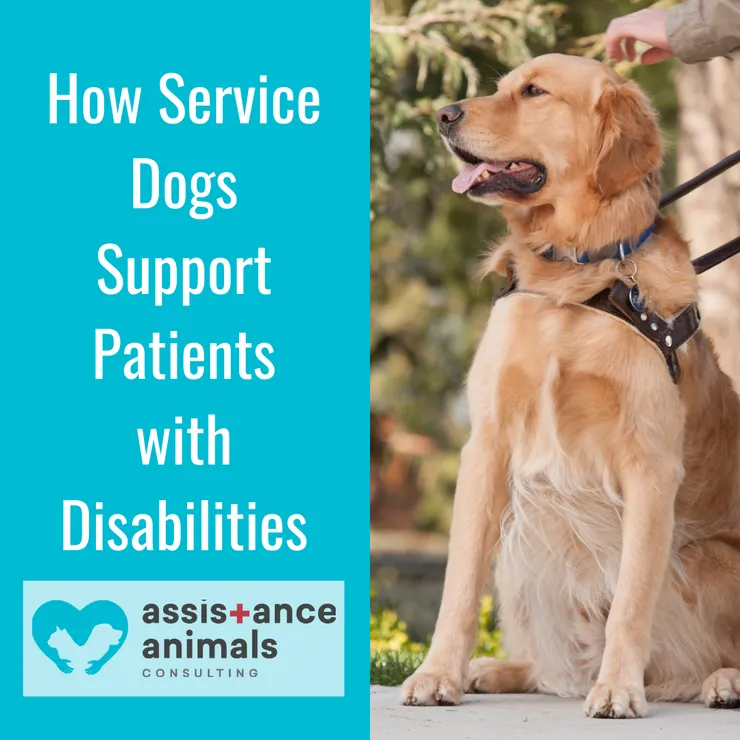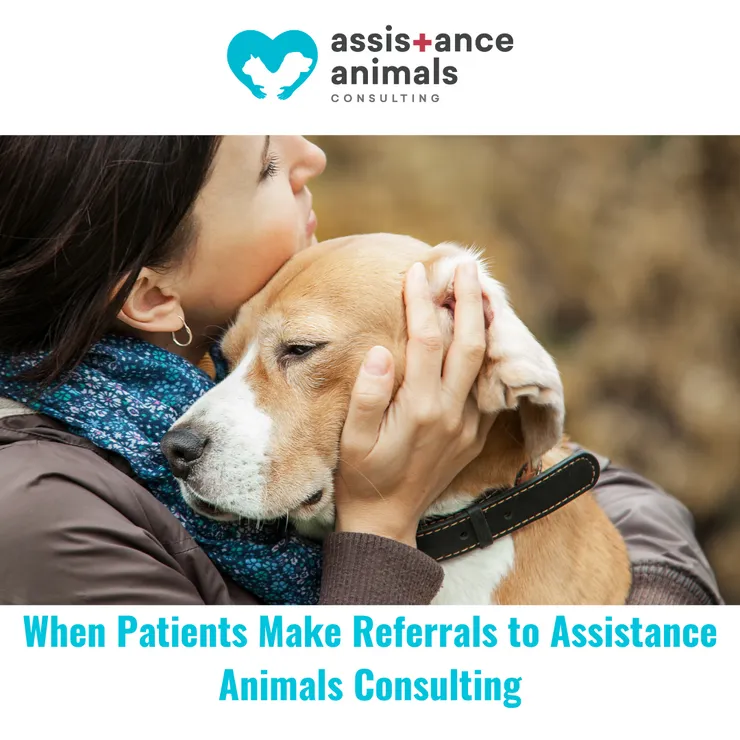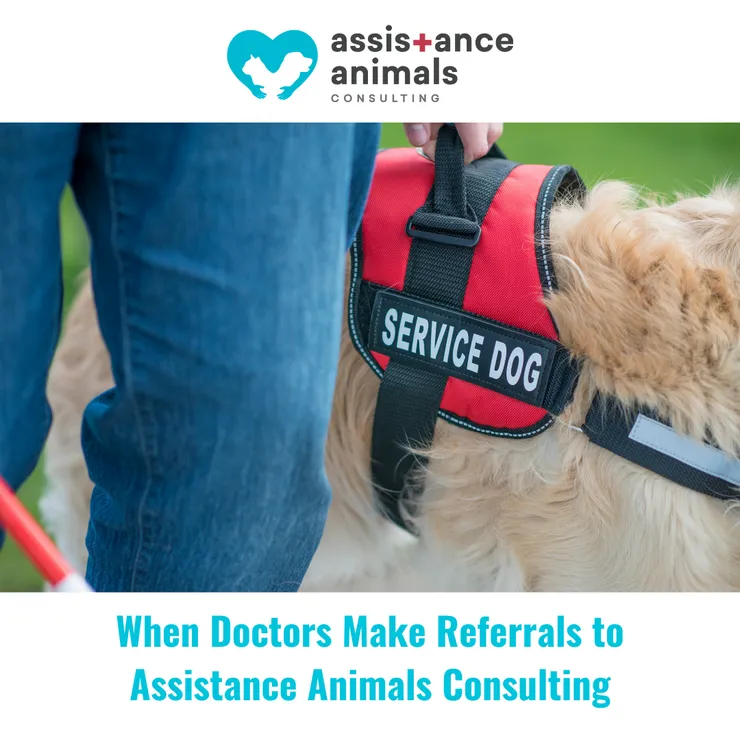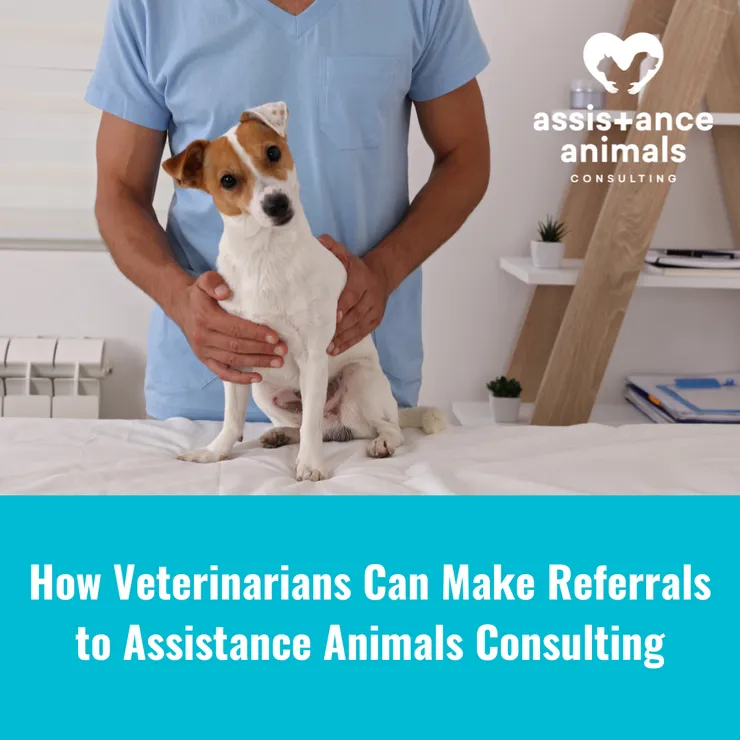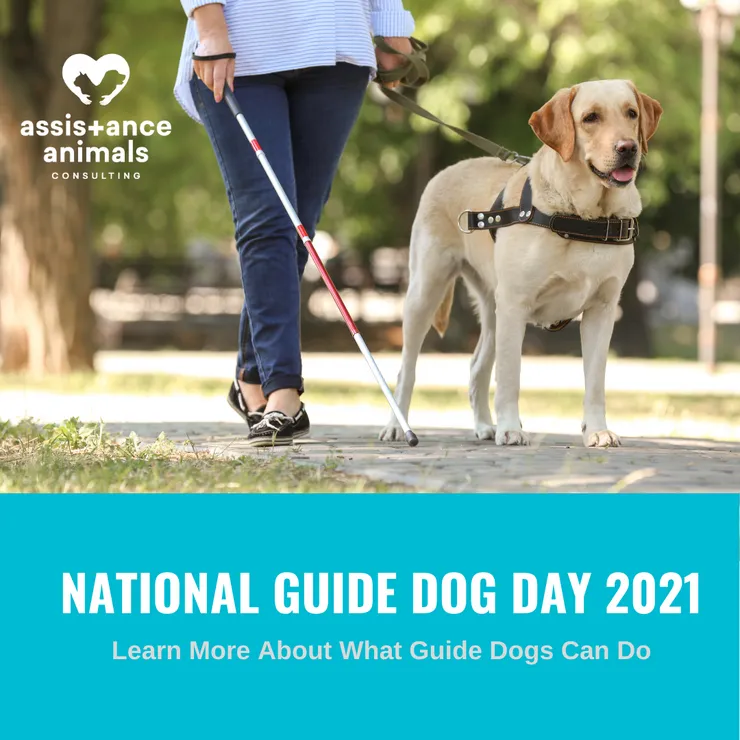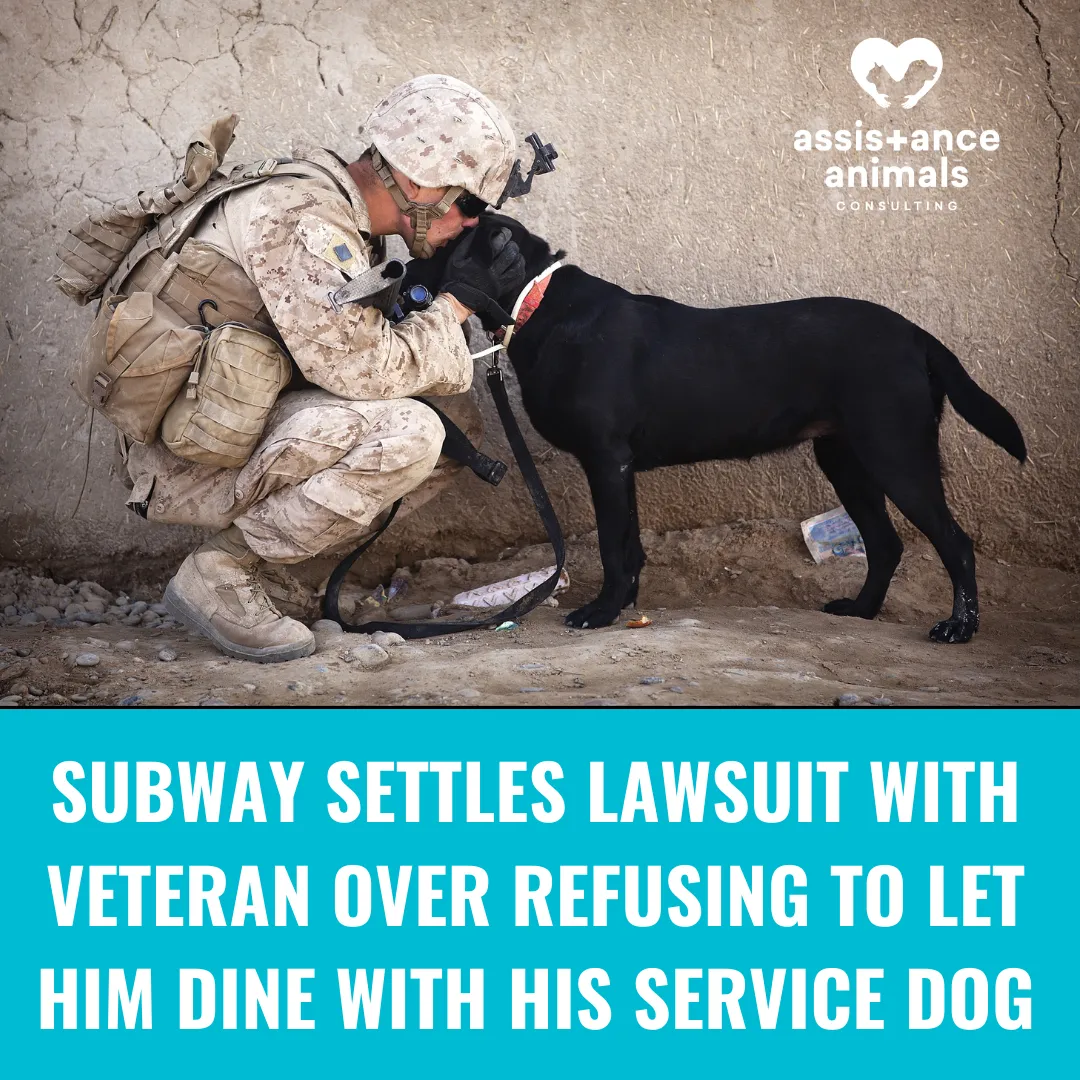The "PAWS" Act Urges VA to Provide Service Dogs to Vets With PTSD
The "PAWS" Act Urges VA to Provide Service Dogs to Vets With PTSD
The PAWS Act, or The Puppies Assisting Wounded Servicemembers Act, introduced by Rep. John Rutherford, R-Fla., would require the VA to create a grant program to pay for and provide service dogs to veterans with post-traumatic stress disorder and other mental health ailments.
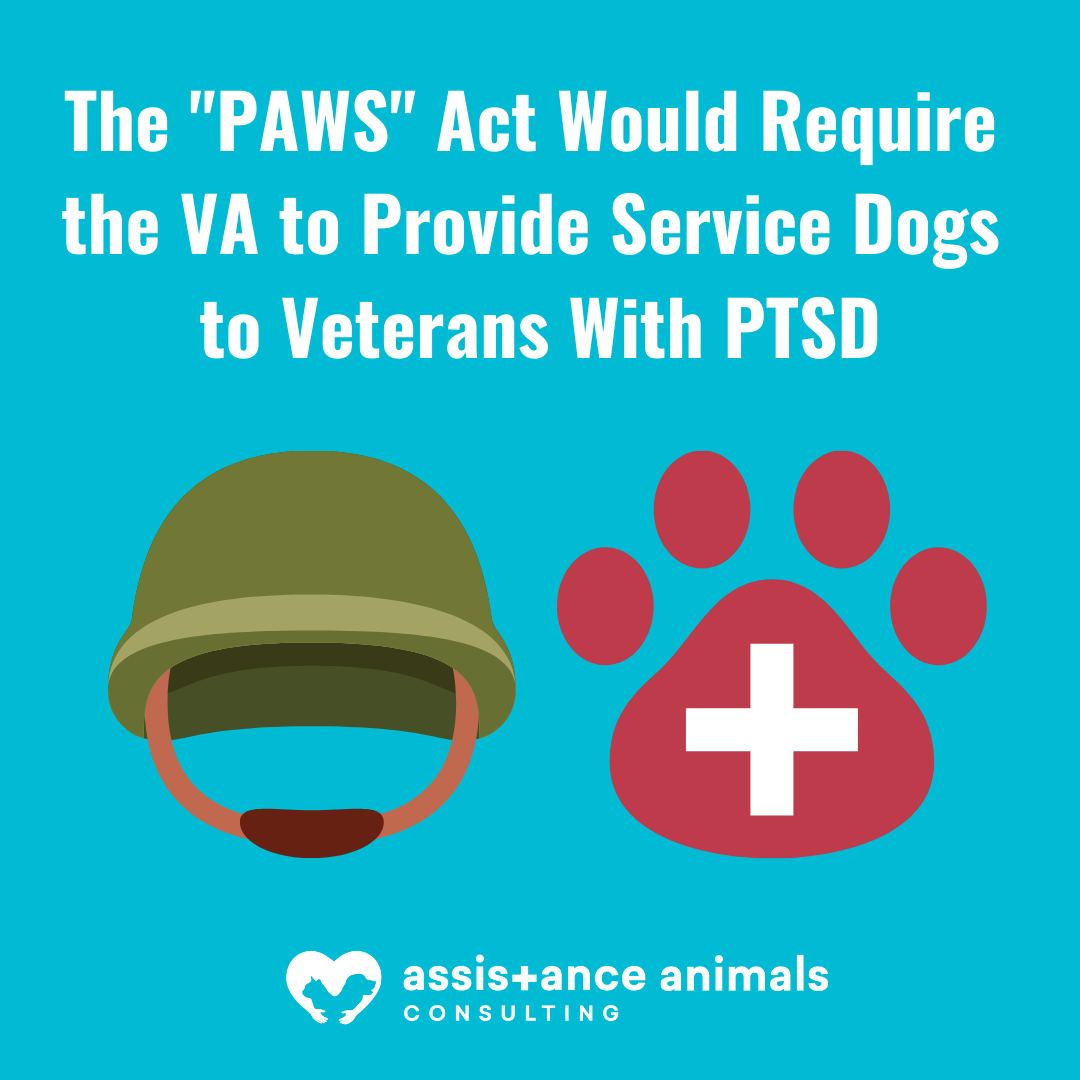
If passed, the PAWS Act would give grants of up to $25,000 to eligible organizations to provide service dogs for veterans. Currently, nonprofits are one of the few avenues for veterans to adopt service dogs who can't afford the out-of-pocket costs.
“It is heartbreaking that twenty veterans take their own lives each day,” said Rutherford. “We must do more to help those with PTSD and other service-connected forms of trauma. Providing service dogs to veterans is a proven therapy for PTSD, but for many, the cost associated with training and raising these animals is too great. The PAWS Act will support organizations that pair service dogs with veterans to help our warfighters lead productive and successful lives once they return to civilian life.”
This measure would order the Department of Veterans Affairs to pay for and provide service dogs to veterans suffering from mental health issues. The VA currently covers some costs of service dogs for veterans with certain physical disabilities, such as blindness, but has never agreed that service animals are beneficial as a mental health treatment, despite numerous studies showing that dog therapy can be a critical tool for treating such patients.
The VA has been researching the effect of service dogs on mental health for years, and completed its latest study last year and found that veterans with service dogs pose a lower risk of suicide than those with emotional support animals, although this study has not been fully released publically. "Research from VA has concluded that service dogs are a proven therapy for those suffering from PTSD," Rep. Rutherford said at a media event last Wednesday.
“There’s no denying the emotional and psychological benefits dogs have on humans but for our veterans, that connection is even more impactful,” said Rep. Michael Waltz, who joined Rep. Rutherford in supporting the PAWS Act. “I recently met with veterans in my district who told me they had significantly reduced their medications or no longer needed them because of the love and support of their service dogs. This type of therapy can be life-saving for our veterans and I’m hopeful this legislation will set our American heroes up to live happy, healthy lives.”
Service dogs require formal training, health screening, and credentialing, as opposed to emotional support animals, which do not require the same standards. In some cases, VA doctors can designate a veteran's pet as an emotional support animal but advocates argue trained service dogs can provide additional support that untrained emotional support animals cannot.
A service animal requires a medical prescription, and patients interested in a service dog should speak with their physicians about the option to include a service animal in their treatment plan. Assistance Animals Consulting advocates for the use of service animals and can partner with your doctor to ensure the service animal meets requirements. They provide online veterinary consultations to make screenings convenient for patients and their service animals.
This will be the fourth time the PAWS Act has been introduced. It passed the House last year but stalled in the Senate. Lawmakers and service animal advocates have pointed to growing academic evidence of the benefits of service dogs, and hope the most recent study by the VA will help them gain momentum on getting the PAWS Act passed.
Many agree that providing service dogs to veterans is a much-needed alternative when considering the widely acknowledged suicide crisis. Between 2005 and 2018, 89,160 veterans died by suicide, according to the most recent annual report from the VA.
"Frankly, it's comical except it's not funny that the VA has been studying this issue, thinking about it, pondering over it for a decade," said Rep. Michael Waltz, R-Fla. "Veterans should have a full menu of options and different types of therapies, whether that's service dogs, hyperbaric chambers, or other alternative therapy. We have to get out of this paradigm of just providing drugs to vets."
"When I came back from Iraq, I found myself with a lot of anxiety and depression," said Becca Stephens, an Iraq War veteran who was paired with a dog through the K9s for Warriors group. "For seven years, I was a full-blown heroin junkie. ... I often refer it to the greatest dating match-up; since getting Bobi in 2018, I have been completely sober. She just brings the life out of me."
PAWS Act Summary:
The Secretary of Veterans Affairs will distribute grants, not to exceed $25,000, to eligible organizations to pair service dogs with veterans suffering from PTSD. To be eligible, a nonprofit organization must provide service dogs to veterans with PTSD, meet the publicly available National Standard of the Association of Service Dog Providers for Military Veterans, and maintain expertise in the unique needs of veterans with PTSD. Eligible veterans must be enrolled in the VA system and receive a PTSD diagnosis by a qualified health care provider.New Paragraph
